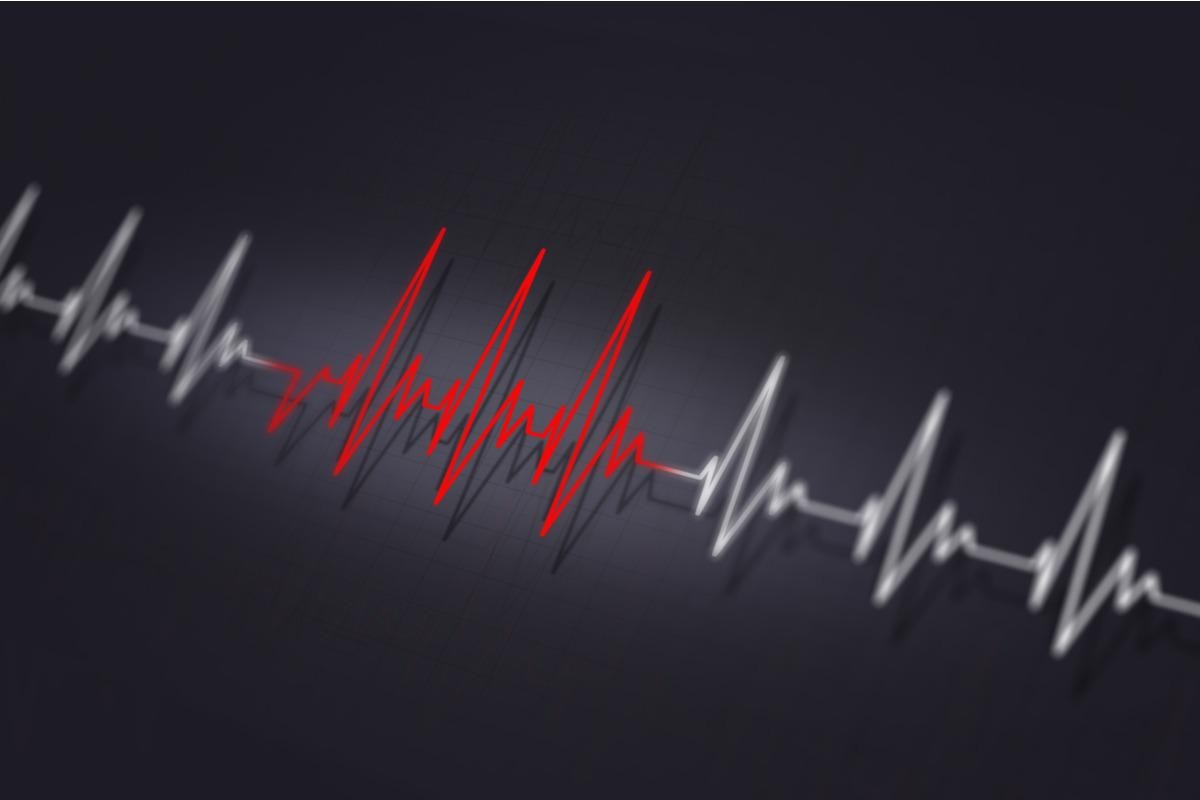Coronavirus disease 2019 (COVID-19), the disease caused by the organism severe acute respiratory syndrome coronavirus 2 (SARS-CoV-2), first emerged in Wuhan in 2019, and to date, has been attributed to over six million deaths worldwide.
 Study: High frequency and persistence of Anti-DSG2 antibodies in post COVID-19 serum samples. Image Credit: alexaldo/Shutterstock
Study: High frequency and persistence of Anti-DSG2 antibodies in post COVID-19 serum samples. Image Credit: alexaldo/Shutterstock

 This news article was a review of a preliminary scientific report that had not undergone peer-review at the time of publication. Since its initial publication, the scientific report has now been peer reviewed and accepted for publication in a Scientific Journal. Links to the preliminary and peer-reviewed reports are available in the Sources section at the bottom of this article. View Sources
This news article was a review of a preliminary scientific report that had not undergone peer-review at the time of publication. Since its initial publication, the scientific report has now been peer reviewed and accepted for publication in a Scientific Journal. Links to the preliminary and peer-reviewed reports are available in the Sources section at the bottom of this article. View Sources
Healthcare workers struggled to control a disease with no cure – the best many hospitals could do was treat the most common symptoms with supplemental oxygen and invasive mechanical ventilation.
However, many patients continued to present with extremely heterogeneous pathologies, ranging from shortness of breath and fatigue to total organ failure and severe immune/inflammatory dysfunction. As vaccination programs and eventually effective antivirals began to take effect, the immediate health crisis was largely resolved in developed nations, but many individuals continue to suffer from effects of the disease, typically referred to as ‘long COVID’.
Researchers from Sengkang General Hospital have been investigating the reports of cardiac damage in COVID-19 patients, and trying to determine if autoimmune effects could play a role.
A preprint of the paper can be found on the medRxiv* preprint server while the study undergoes peer review.
The study
With previous MRI investigations in COVID-19 patients revealing evidence of both arrhythmias and myocardial involvements not only during the initial infection, but also during recovery, there is increasing recognition of the potential long-term cardiac damage that the disease could cause. The identified issues are observed in many different patients and appear to occur irrespective of the patients medical background, as well as the severity of the infection. One study found up to half of patients showed right ventricular and diastolic dysfunction, while 27% showed arrhythmias up to 3 months post-infection. This is suggestive of arrhythmogenic right ventricular cardiomyopathy (ARVC).
Some patients with ARVC show heightened levels of antibodies to the desmosome protein desmogelin-2 (DSG2), and concentrations of these antibodies correlate to arrhythmia burden. The presence of these antibodies can even be used as a marker for risk of development of ARVC. As COVID-19 is hypothesized to be able to contribute to autoimmunity, researchers developed an electrochemiluminescent immunoassay targeting the extracellular domain of DSG2, and tested the serum of previously convalescent COVID-19 patients.
300 samples were gathered in total, from a group of patients who had consented to join an epidemiological study. Of these samples, 154 were drawn within the first six months after infection, and the rest within the first nine months. Seventeen samples were taken from patients at both the six and nine month marks. The mean age of patients was 37 years old, with the youngest at 21 and the oldest at 65. The study showed that the mean signal intensity in the post COVID-19 samples was significantly higher than in samples from a healthy population, with a differing intensity of 19 against 2.1, respectively. In addition, ~30% of post-COVID patients showed a signal higher than the 90th percentile of the control group, and ~9% of post-COVID patients showed levels similar or higher than those found in ARVC patients.
Conclusion
The authors highlight that they have demonstrated a significant link between infection with COVID-19 and higher levels of anti-DGS2 autoantibodies that remains strong during recovery. This has significant implications, especially considering the well-documented high incidence of cardiac involvement seen in COVID-19. The prolonged elevation of this autoantibody could help identify some of the mechanisms surrounding cardiac dysfunction in COVID-19 patients, especially as anti-DGS2 antibodies appear to cause direct damage to the cardiac systems in ARVC patients. While further investigation is necessary, this research could provide a valuable starting ground for future study.

 This news article was a review of a preliminary scientific report that had not undergone peer-review at the time of publication. Since its initial publication, the scientific report has now been peer reviewed and accepted for publication in a Scientific Journal. Links to the preliminary and peer-reviewed reports are available in the Sources section at the bottom of this article. View Sources
This news article was a review of a preliminary scientific report that had not undergone peer-review at the time of publication. Since its initial publication, the scientific report has now been peer reviewed and accepted for publication in a Scientific Journal. Links to the preliminary and peer-reviewed reports are available in the Sources section at the bottom of this article. View Sources
Journal references:
- Preliminary scientific report.
Edward Lee, Ryan E Tyler, Derrick Johnson, Natalie Koh, Biauw Chi Ong, Shi Yin Foo, Jack Tan. (2022). High frequency and persistence of Anti-DSG2 antibodies in post COVID-19 serum samples. medRxiv. doi: https://doi.org/10.1101/2022.02.23.22271045 https://www.medrxiv.org/content/10.1101/2022.02.23.22271045v1
- Peer reviewed and published scientific report.
Lee, Edward C. Y., Ryan E. Tyler, Derrick Johnson, Natalie Koh, Biauw Chi Ong, Shi Yin Foo, and Jack W. C. Tan. 2022. “High Frequency of Anti-DSG 2 Antibodies in Post COVID-19 Serum Samples.” Journal of Molecular and Cellular Cardiology 170 (September): 121–23. https://doi.org/10.1016/j.yjmcc.2022.06.006. https://www.jmcc-online.com/article/S0022-2828(22)00124-9/fulltext.